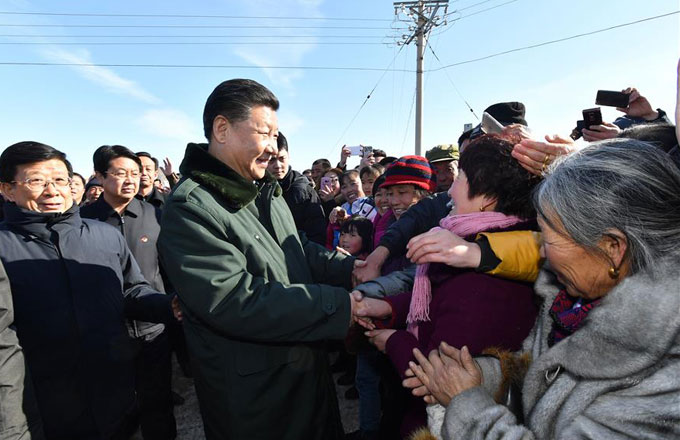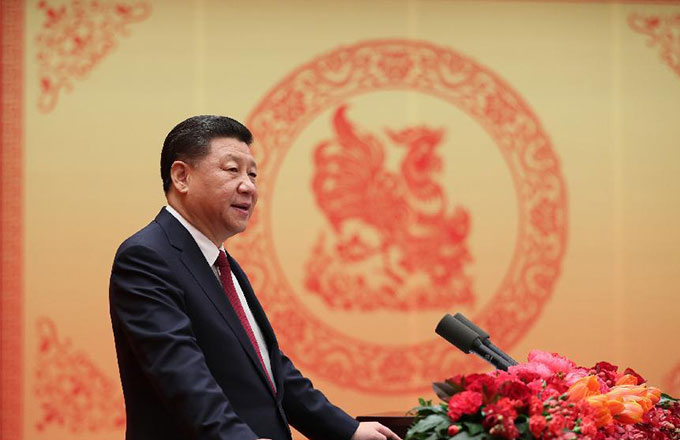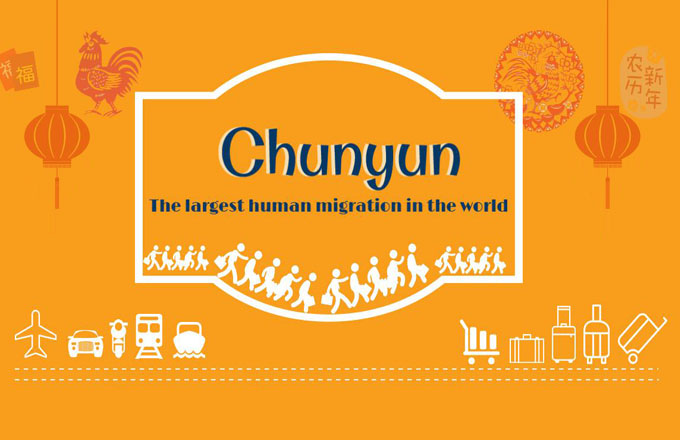Premier Li: China an anchor of stability and growth
Premier Li Keqiang wrote the following article in Bloomberg Businessweek that will be published on Jan 27.
This is a testing time.
Almost a decade on, the world is still reeling from the fallout of the global financial crisis. China faces its fair share of challenges, but we choose to confront them head on.
Above all, we remain convinced that economic openness serves everyone better, at home and abroad. The world is a community of shared destiny. It’s far preferable for countries to trade goods and services and bond through investment partnerships than to trade barbs and build barriers. Should differences arise, it behooves us all to discuss them with respect and a keen sense of equality.
China stands resolute with the World Trade Organization and multilateral free-trade agreements designed to be inclusive. Economic globalization has enabled the creation and sharing of wealth on an unprecedented scale. There are problems, too, more on the sharing side. These can be addressed, but only if countries work together to ensure that a rising tide really does lift all boats.
At home, the government is opting for a lighter, more balanced touch while engaging the market. To make doing business in China easier, the state is consolidating administrative reviews and focusing more on compliance oversight, risk preparedness, and providing services. We keep improving implementation of the VAT reform to make sure that tax costs drop across the board.
We are opening new sectors of the economy to investment and widening access to many others. We are piloting a “negative list” model before a nationwide rollout, where investment access is assumed unless specifically restricted. More measures are in the pipeline to ensure all businesses registered in China are treated equally. Companies can enjoy additional incentives if they invest in less-developed western regions or in the northeastern industrial belt.
While the government is continuing to invest in infrastructure to boost domestic demand, more resources are going to improving rural roads, water supply, sewage systems, and information networks—areas that traditionally haven’t been as visible. In parallel with such hardware improvements, we’re continuing efforts to expand the safety net, not least for the more vulnerable members of society.
Structural reforms are showing results.
In 2016, China shed more than 65 million and 290 million tons of inefficient steel and coal-mining capacity, respectively. We plan to raise those numbers to 140 million and 800 million tons within the next three to five years to restore healthier fundamentals to those industries. Meanwhile, the government is working with business communities on various retraining programs. In 2016 alone, 700,000 workers once employed in downsized industries moved on to new jobs.
At the same time, new growth drivers are emerging strong. Services, which have surpassed manufacturing as a share of the economy, keep consolidating their lead. Consumption now contributes more than 60 percent of the growth in China’s gross domestic product. While creating new value, these drivers are also boosting the efficiency and competitiveness of traditional sectors, with high-tech and equipment manufacturing leading industrial expansion.
Entrepreneurship and innovation are taking root. Meanwhile, new business models are thriving, transforming many previously unimaginable services into daily conveniences. The mobile-internet-enabled sharing economy is only one obvious case. Besides ordering takeout or hailing cars, housekeeping, health consulting, and many more services are now just a swipe away.
The numbers bear out the case. The economy grew a healthy 6.7 percent last year. More important, despite industrial consolidation and ever more robots finding their way into factories, the job market is proving resilient. The economy has added more than 13 million jobs every year since 2013. Unemployment stands at a multiyear low.
In a world with a plethora of uncertainties, China offers an anchor of stability and growth with its consistent message of support for reform, openness, and free trade. The times may be difficult. But that’s all the more reason not to lose sight of these principles, which have stood China—and the world—in good stead.
- China punishes damage of cultural heritages, revolutionary site
- Latest charter flights to Sansha make trips shorter, easier for holiday makers
- China on alert against firework crime
- Snowfall disrupts Spring Festival travel in NE China
- Chinese Spring Festival celebrated around the world
























